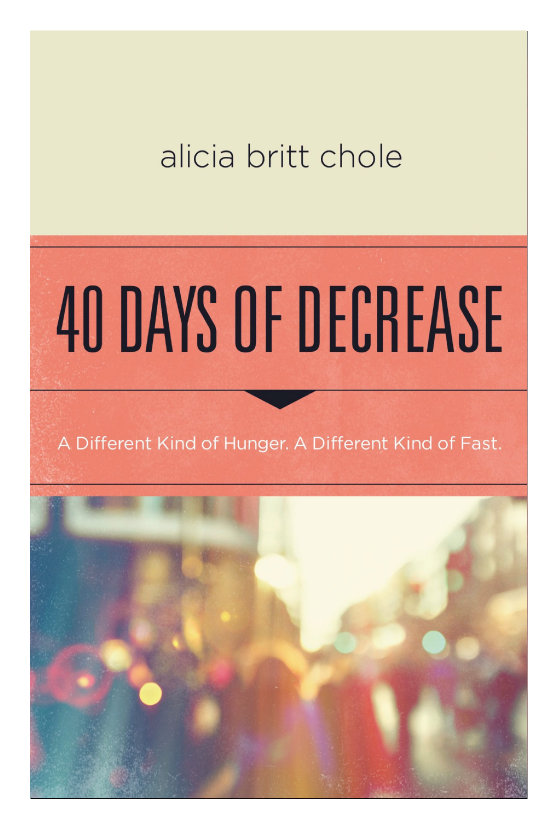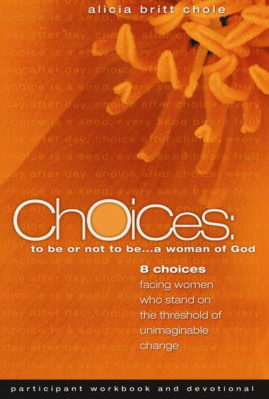As a new follower of Jesus, my faith in Him was questioned immediately and almost daily through my university studies. Jesus had captivated me and the world’s skepticism served to strengthen me. Today, as I continue my thoughts on faith and friction, please note that though these four filters can be respectful and meaningful discussion guides with seekers and those of other faiths, it would do Jesus’ Church well to apply the filters to our faith as well. All is not lost when a friend views the Bible as an outdated book and truth as a myth. God still is. And we can still engage in substantial consideration of their beliefs as we engage in substantial consideration of our own.
Filter One: Consistent at its Core. During critical election
Whether the position is that of county sheriff, state senator, or the nation’s president, candidates run for office under a microscope. From their use of finances to their personal fidelity, they are examined, questioned, and tested. The results, favorable or not, are broadcast globally.
Did they lie?
Did they misappropriate funds or favors?
Did they disrespect women? Men? Children?
Did they preach what they did not live?
Did they abuse power?
Did they demonstrate unfaithfulness to their covenants or commitments?
Did they show favoritism for the rich or disregard for the poor?
Certainly some take this inspection too far. But in principle, I find the emphasis on character and integrity to be reasonable. When we elect our nation’s leaders, our votes entrust them with authority to govern systems that affect our daily lives. It would be foolish not to evaluate their personal integrity and interpersonal consistency. Even those apathetic toward elections would prefer not be represented locally, let alone internationally, by a flake or a fraud.
I call upon this example because it seems equally reasonable to me that the savior or founder of one’s faith should suffer the same scrutiny. This filter of consistency could be applied in several ways to a belief system: Are the sacred documents internally consistent and externally verifiable? Is the belief itself consistent with known history and agreed-upon reality?
Here, however, I would like to apply the filter to a belief system’s heart: its savior, its founder, its primary teacher or guide. (i.e., For Christians, Jesus. For Muslims, Mohammed. For Buddhists, Buddha. et. al.) A president, prime minister, or premier leads a nation in this life. A spiritual savior or founder leads souls through this life and into the next.
Webster defines consistent as:
- agreeing or accordant; compatible; not self-contradictory.
- constantly adhering to the same principles, course, form,
- holding firmly together; cohering.
As we seek to assess our beliefs, it strikes me as unwise not to examine whether a faith or spiritual philosophy’s savior or founder is consistent at their core. As with political officers, so it is with spiritual leaders: few care to invest faith in a flake or a fraud.
Who is the primary savior or founder or your personal faith or philosophy? Bring out the microscopes and let the research begin:
Did they lie?
Did they misappropriate funds or favors?
Did they disrespect women? Men? Children? Did they preach what they did not live?
Did they abuse power?
Did they demonstrate unfaithfulness to their covenants or commitments?
Did they show favoritism for the rich or disregard for the poor?

(These thoughts on faith and friction originally appeared in my book, Finding An Unseen God: Reflections of a Former Atheist. Recently I wrote an article on 5 Be’s for those who love Atheists for Today’s Christian Woman. If you’d like to read that article, click here.)






Unfortunately the world often judges Jesus by His followers, and our consistency often leaves much to be desired.
So true, Karla. I find the reality both humbling and hope-filled. Humbling because our humanity can distract others from His love. Hope-filled because like us, their humanity as well can be covered by His love.